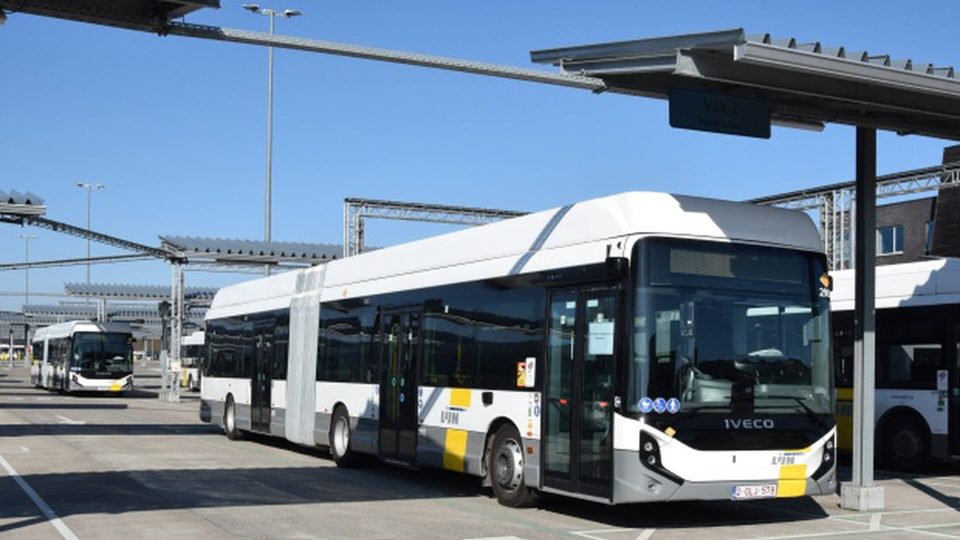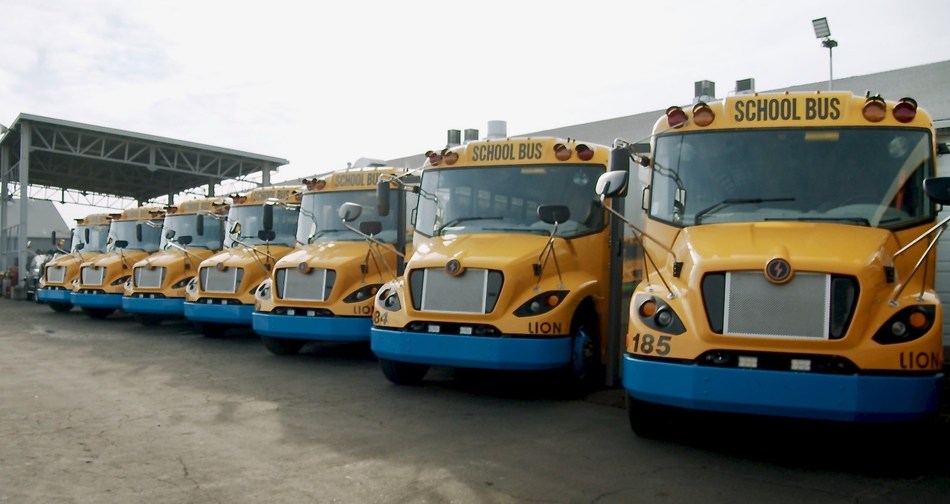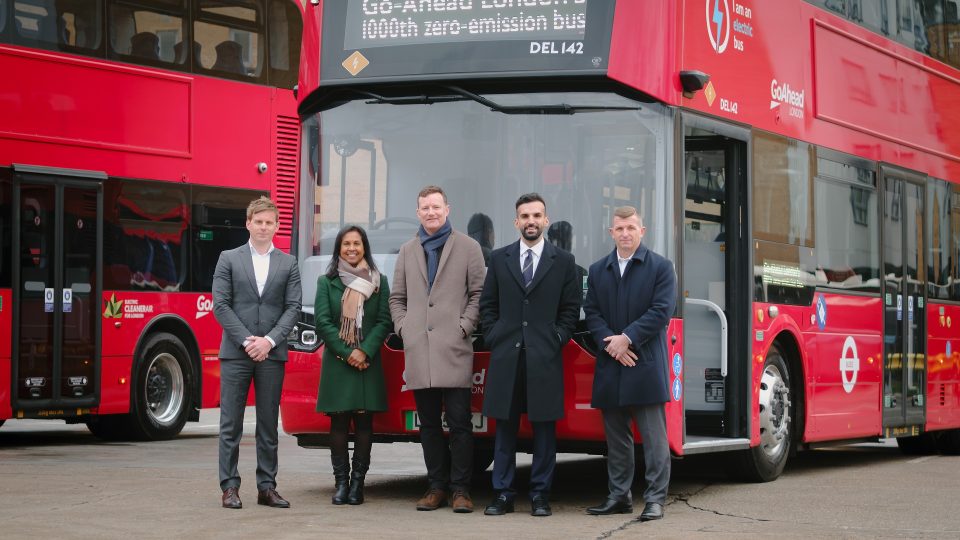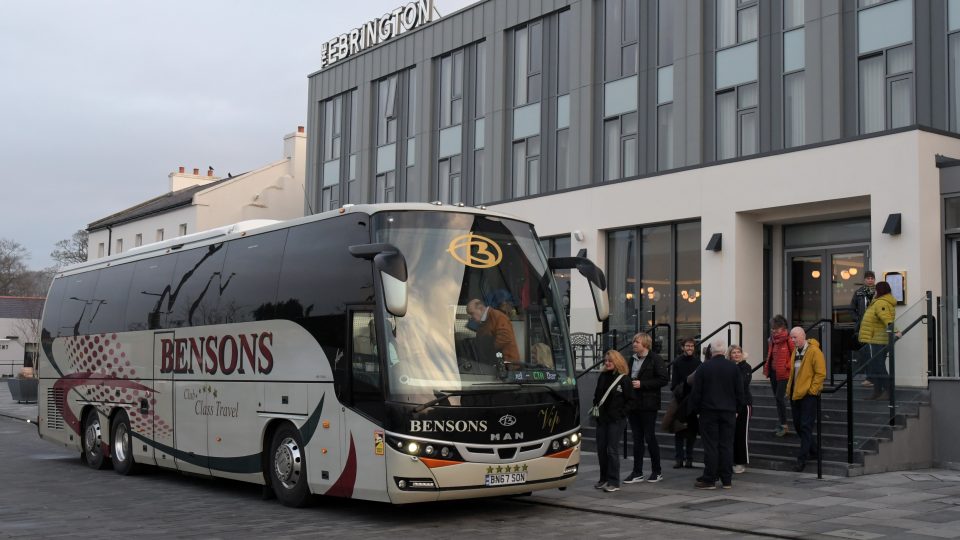UK consultation confirmed 2030 as earliest end date for new non-zero emission bus sales
On 9 July 2025, the UK Department for Transport (DfT) published the summary of responses to its consultation on ending the sale of new non-zero emission buses (non-ZEBs) in England. The consultation, which ran for eight weeks and closed earlier this year, forms part of the government’s proposed Bus Services (No. 2) Bill, which includes […]
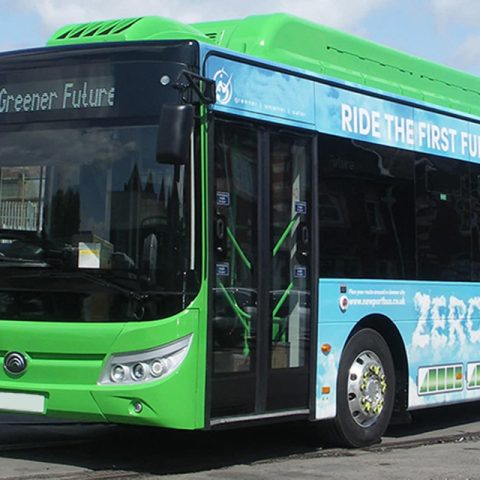
On 9 July 2025, the UK Department for Transport (DfT) published the summary of responses to its consultation on ending the sale of new non-zero emission buses (non-ZEBs) in England. The consultation, which ran for eight weeks and closed earlier this year, forms part of the government’s proposed Bus Services (No. 2) Bill, which includes a measure to end the registration of new non-ZEBs for local bus services from 2030 at the earliest.
Being more precise, the government has not yet confirmed a final end date for the sale of new non-ZEBs, but 2030 remains the earliest proposed date. The measure is expected to be introduced as part of the Bus Services (No. 2) Bill. No phase-out date has been set for coaches or minibuses, but the government has stated it will continue to assess the needs of these sectors.
End of sale for zero emission buses in England
The DfT also released a summary of responses to earlier calls for evidence on the decarbonisation of coaches and minibuses, held in spring 2022. While the government has not proposed specific dates for these vehicle types, it has stated that it is considering mechanisms to support their transition.
Out of the 45 responses received—primarily from manufacturers, operators, local authorities, and trade bodies—the majority supported the proposal to set a clear date for ending sales of new non-ZEBs. Many saw value in regulatory certainty, but stressed that a successful transition depends on continued public funding and support for infrastructure development.
2030 was the most frequently mentioned preferred date, followed by 2025, the DfT sums up. Manufacturers were generally more open to earlier dates than operators, who pointed to operational and cost-related barriers.
Some respondents proposed that the transition should be tailored to different fleet profiles—urban fleets, for instance, may be able to move earlier than rural ones. Others called for a single, national deadline to provide clarity across the sector.
In terms of infrastructure-related challenges, stakeholders recommended early coordination between local authorities, operators, and electricity distribution network operators to address long lead times and planning constraints. Others suggested that lessons from the ZEBRA funding scheme and similar initiatives should be made available to help guide future transitions.
There were also concerns about standardisation and interoperability in depot infrastructure, which could limit flexibility in vehicle deployment across sites.
What about coaches and minibuses?
Responses from the coach sector stressed that their operations differ significantly from those of service buses. Long distances, irregular depot access, and uncertainty over suitable technologies (battery-electric vs hydrogen) were all cited as reasons not to apply the same timelines as for local buses.
Coach operators, mostly SMEs, noted that they have so far received limited access to public funding and would need targeted support to begin the transition. Infrastructure at motorway service areas was seen as a particular gap.
Minibus stakeholders raised concerns about driver licensing, as the added weight of batteries or fuel cells may put zero emission minibuses above current category B licence limits. Several responses suggested aligning minibus rules with existing derogations for goods vehicles.
While infrastructure needs for minibuses were seen as more manageable, most responses highlighted the importance of grant support for vehicle acquisition, particularly for community transport and school service providers



